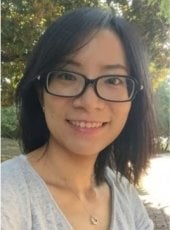 Shan Zhou co-authored the article, “Collaboration mitigates barriers of utility ownership on policy adoption: evidence from the United States”, published in the Journal of Environmental Planning and Management.
Shan Zhou co-authored the article, “Collaboration mitigates barriers of utility ownership on policy adoption: evidence from the United States”, published in the Journal of Environmental Planning and Management.
This paper offers an answer to the question: “To what extent does collaboration between utilities and local governments influence energy policy adoption?” Cross-sectional data from the United States–focused Integrated City Sustainability Database (ICSD) are used to investigate the degree that specific city attributes and state policy influence the creation of city-scale energy policy.
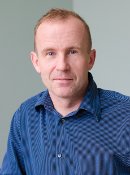 Adam Wellstead (SS) is a co-author on a paper recently published in Global Health Research Policy 5, 19 (2020) online titled
Adam Wellstead (SS) is a co-author on a paper recently published in Global Health Research Policy 5, 19 (2020) online titled 
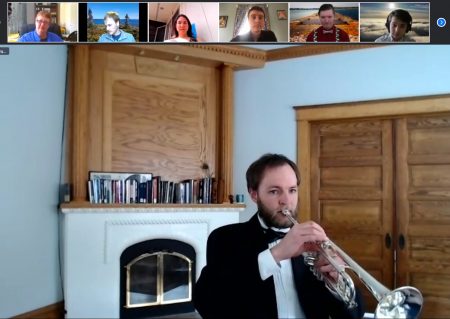
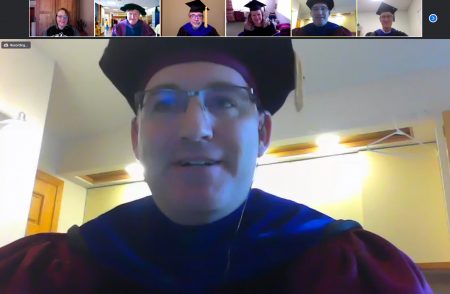
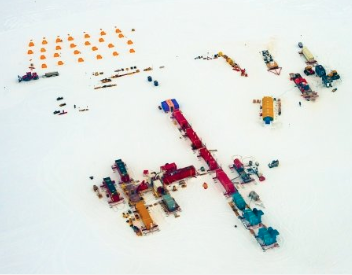
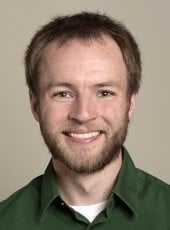 Mark Rhodes has been elected to the Executive Board of the Cultural Geography Specialty Group (CGSG). As the seventh largest of the 76 American Association of Geographers specialty groups, CGSG provides a network for its 500+ members while also organizing symposia, sponsored-sessions, marquee speakers and socials, granting awards and elevating the spatially of cultural perspectives throughout the humanities, sciences, and social sciences. Rhodes will serve a two-year term as Nominations Director.
Mark Rhodes has been elected to the Executive Board of the Cultural Geography Specialty Group (CGSG). As the seventh largest of the 76 American Association of Geographers specialty groups, CGSG provides a network for its 500+ members while also organizing symposia, sponsored-sessions, marquee speakers and socials, granting awards and elevating the spatially of cultural perspectives throughout the humanities, sciences, and social sciences. Rhodes will serve a two-year term as Nominations Director.
 Alumnus Brad Barnett (EEP PhD), Adam Wellstead, and Michael Howlett (Simon Fraser University) published a paper in the journal Energy Research and Social Science titled
Alumnus Brad Barnett (EEP PhD), Adam Wellstead, and Michael Howlett (Simon Fraser University) published a paper in the journal Energy Research and Social Science titled